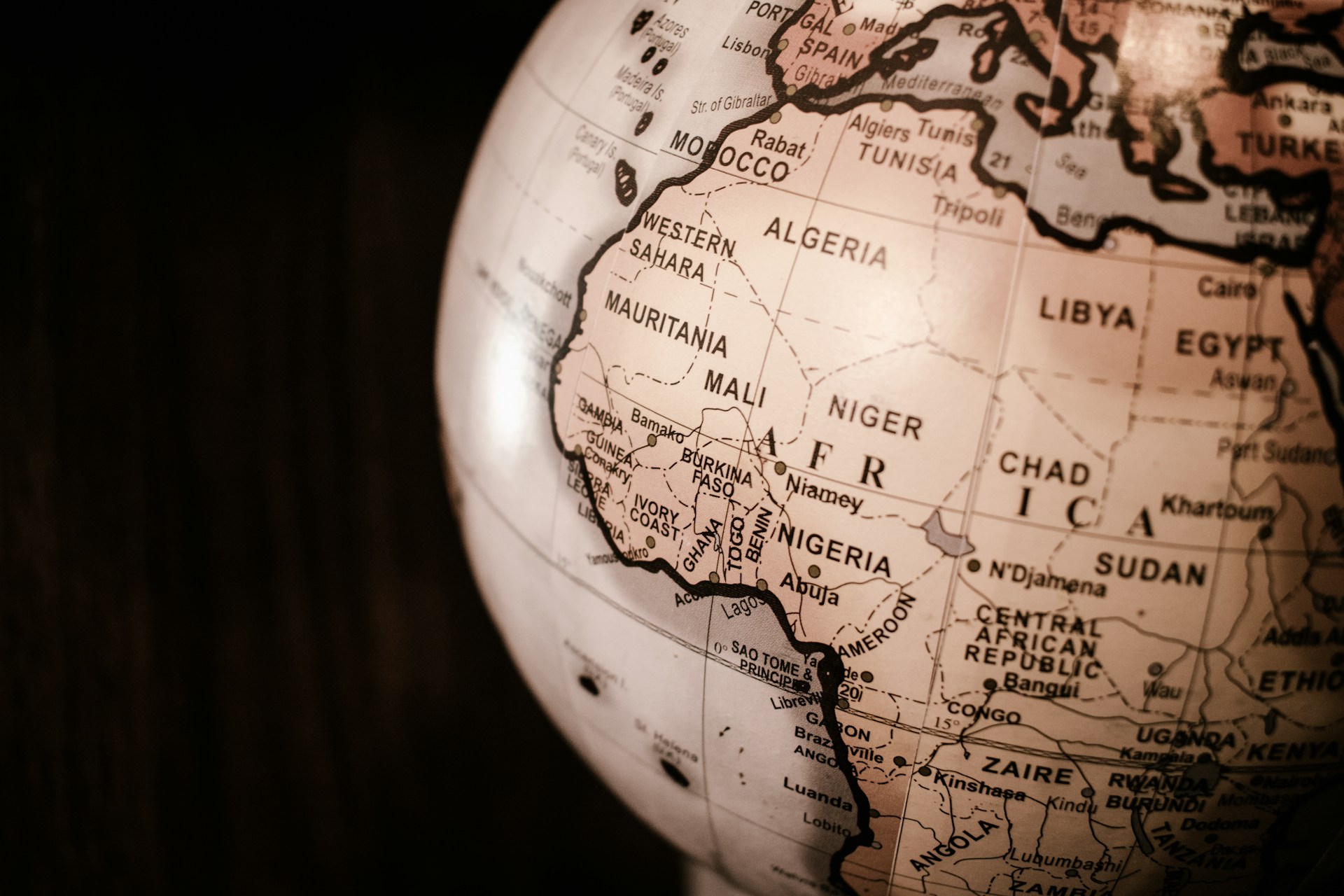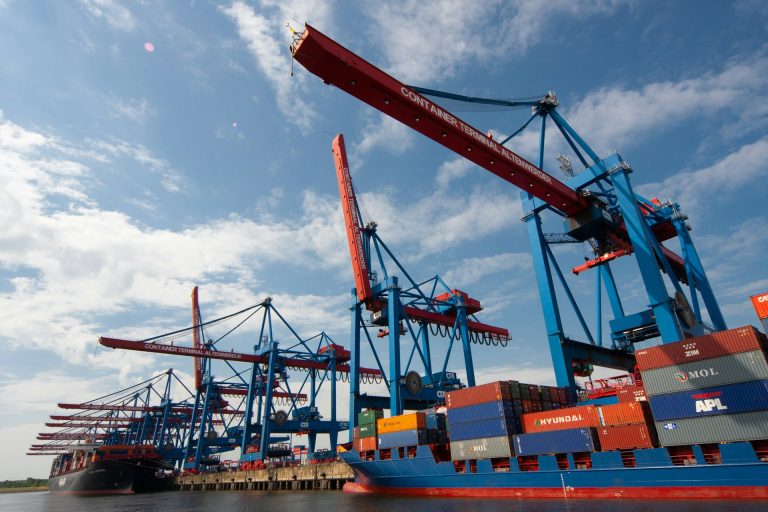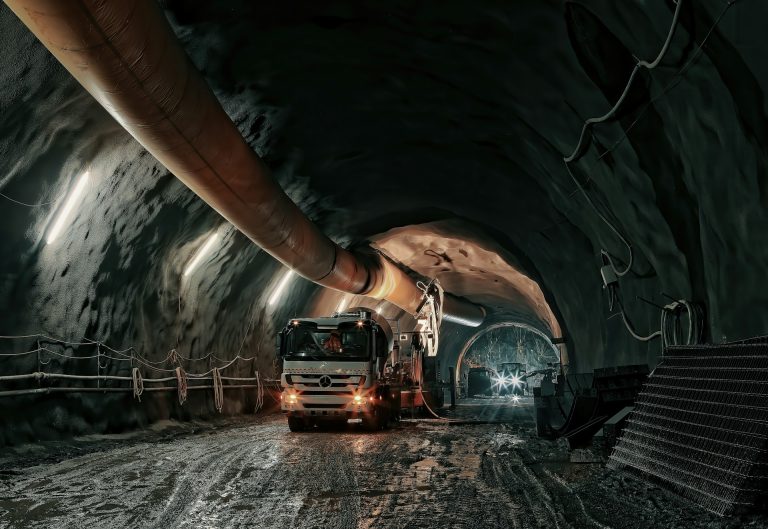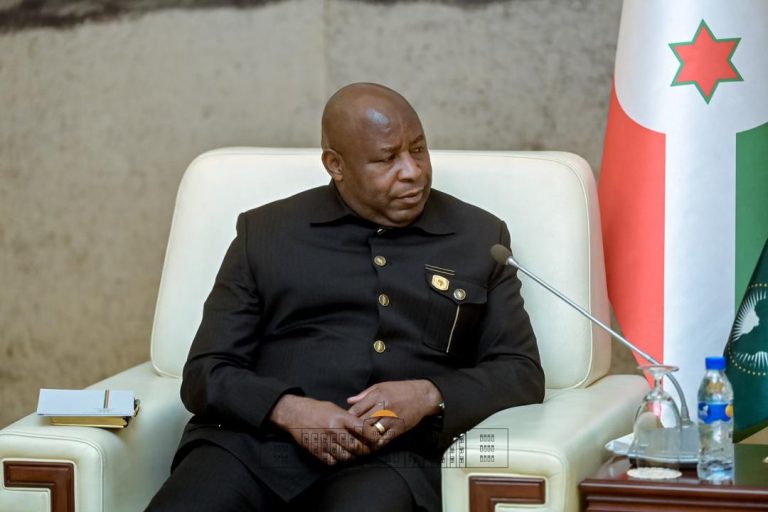With the 2025 G20 Johannesburg Summit imminent, African nations must use the platform to reshape the green-energy agenda and capture investment that has long bypassed the continent.
When leaders of the Group of Twenty (G20) convene in Johannesburg from 22-23 November, Africa will have an unprecedented chance to assert itself in the global energy-transition conversation.
Under South Africa’s presidency, themes of “Solidarity, Equality, Sustainability” frame a platform for the continent to move from recipient to protagonist in green-energy investment, industrialisation and job creation.
Historically, energy-transition policies have often sidelined Africa – despite its vast natural-gas reserves, abundant solar and wind potential and critical minerals. African nations face the double bind of being urged to decarbonise while still grappling with energy poverty, infrastructure deficits and limited access to financing. As South African Minister Gwede Mantashe recently observed: “We cannot kill the economy to preserve ecology.”
The upcoming summit offers a chance to correct this imbalance. Multilateral finance flows to Africa remain insufficient: South Africa alone mobilised ZAR 188 billion ($10 billion) for climate-related investment, yet still faces an annual gap of up to ZAR 311 billion. Africa must work the G20 forum to mobilise tools such as blended finance, risk-mitigation instruments, green bonds and carbon-credit markets.
Building Africa’s energy-transition playbook
At the heart of Africa’s strategy must be diversification. Natural gas, solar, wind, hydro and storage must all feature – delivering reliable power, industrialisation and export capacity, not merely ticking climate boxes. Regional grids are expanding and cross-border trade corridors are emerging, repositioning the continent as more than a passive beneficiary of global green supply chains.
Senior leaders attending the G20 forum will explore how private-sector participation can be scaled and how African governments can structure policy frameworks that attract and retain capital, rather than repel it through opaque processes or policy instability. Africa’s carbon-credit markets, for example, are still nascent but hold enormous potential to channel international demand into local projects.
Moreover, African governments must press for equitable treatment within global frameworks. Many of the world’s richest countries set emission-reduction targets without acknowledging that Africa’s priority remains energy access, job creation and industrial growth. This means that net-zero rhetoric should not trump the continent’s need to lift hundreds of millions out of energy poverty. The G20’s Energy Transitions Working Group has emphasised that a “just transition” must combine decarbonisation with socio-economic inclusion.
On the regulatory front, Africa must push for reform of investment frameworks, better access to concessional finance, local content provisions and capacity-building. At the Johannesburg forum, African voices should urge for targeted climate-finance flows, public-private partnerships and open knowledge transfer platforms as part of the global transition.
As the G20 spotlight turns to Africa, the continent’s industrial-scale green ambitions must clearly be articulated: from gas infrastructure and solar parks to battery storage and export-grade hydrogen. The narrative must shift from Africa as passive host of raw-material extraction to Africa as an active player in value-added manufacturing, green-mineral processing and regional energy trade.
For emerging-markets investors, commodity watchers and asset managers, this juncture is critical. Africa’s energy-transition market is evolving rapidly — but fragmented. The G20 summit offers a signal window: governments that articulate clear pathways, de-risk investments and engage private capital will emerge as winners. Those that wait risk being sidelined again.
In Johannesburg, Africa should not simply attend the meeting – it must lead the agenda, secure binding commitments and position itself as the engine of the next phase of global energy transformation.










